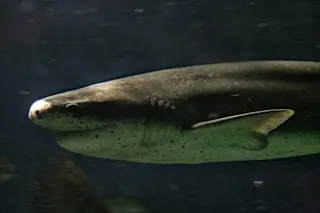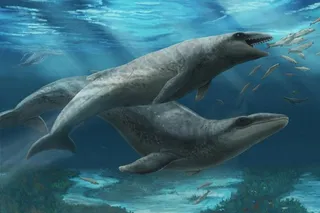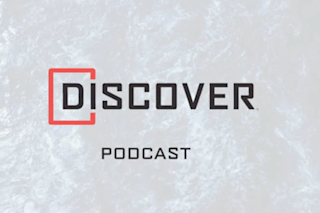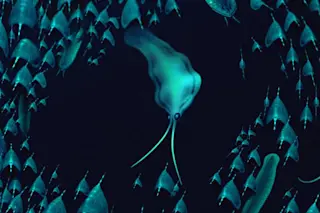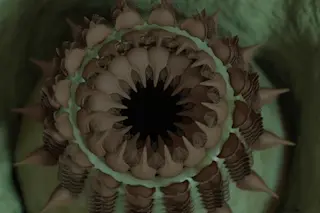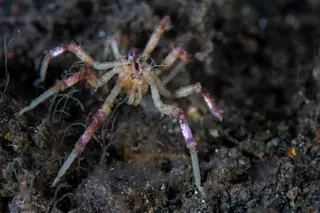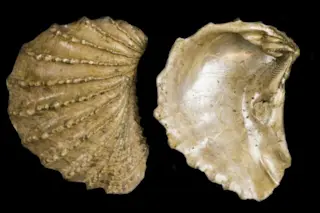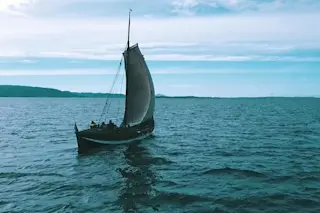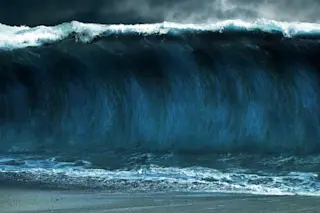Sevengill Shark "Notorynchus cepedianus" by José María Pérez Nuñez CC BY-SA 2.0 via Wikimedia Commons Guest post by Mike Bear The San Diego-based non-profit Ocean Sanctuaries was founded in 2014 to create and provide support for marine citizen science projects. The Sevengill Shark Identification Project was one of its first citizen science projects, begun in 2010 in response to anecdotal evidence that divers were seeing increasing numbers Sevengill sharks off the coast of San Diego. This made the species an ideal candidate for a long-term 5-10 year) population study. The Sevengill shark (Notorynchus cepedianus), named for having seven gill slits on either side of its body, as opposed to the normal 5 gills, reaches lengths of 3 m with an average length of 1.5 m. They weigh up to 107 kg and are known to live as long as 49 years.^1 Sevengills are usually found over the continental shelves in ...
Using Citizen Science to Track Sevengill Sharks
Discover the Sevengill Shark Identification Project, pioneering citizen science for shark conservation off San Diego's coast.
ByGuest
More on Discover
Stay Curious
SubscribeTo The Magazine
Save up to 40% off the cover price when you subscribe to Discover magazine.
Subscribe

